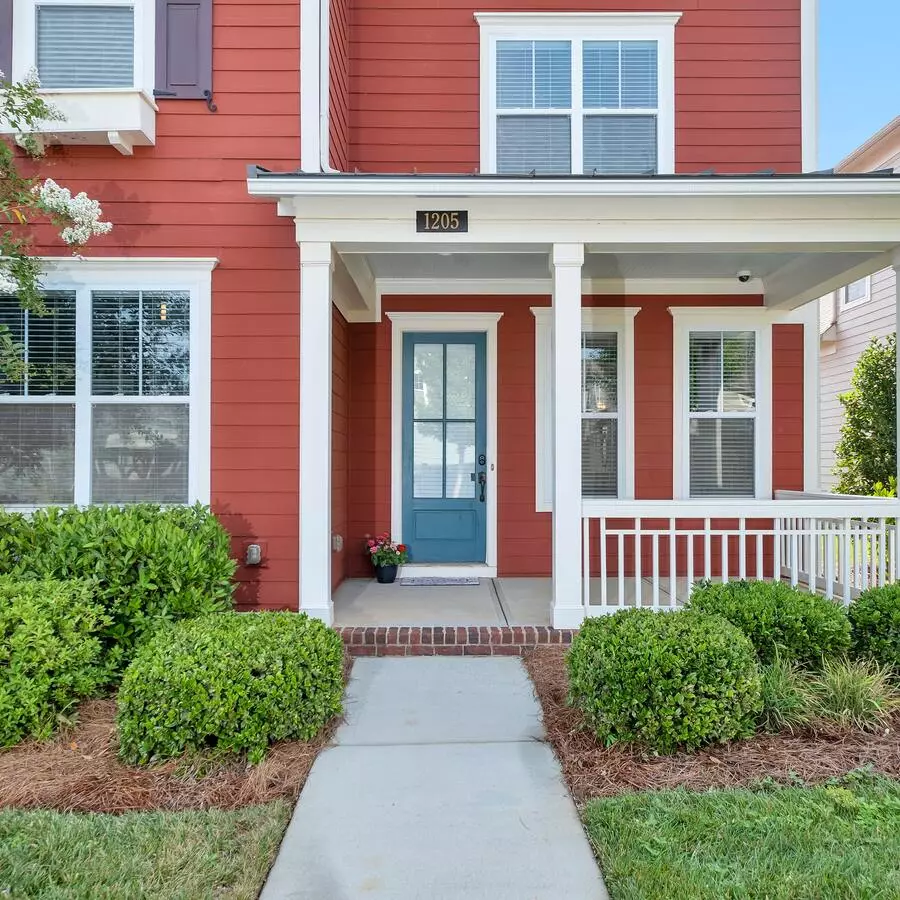
What is a property valuation?
A property valuation refers to a service performed by an independent and registered valuer to determine the market value of a subject property. Property valuations services in Adelaide are useful to buyers, investors, sellers, lawyers, government officials, and more.
A valuation report serves as a certified document that can be used in legal and private proceedings. A qualified valuation expert will prepare the report in line with international standards and rigid regulatory requirements. The scale and detail of the valuation report will depend on its purpose, with a variety of reputable methodologies available to valuers.
In order to prepare an efficient valuation, the qualified professional will need certain information regarding what is being valued. You may be wondering what the valuer will need to know when assessing your property, which we cover below in this article.
Information is needed for a property valuation?
The property valuer will perform a thorough and detailed inspection to make sure nothing is missed. They may also require you to provide them with certain information regarding the size, amount of bedrooms, hidden renovations, etc. Some of the most vital information a property valuer will consider in a residential valuation report is as follows:
- The location: A crucial part of any property valuation report as the location plays a significant role in value. The valuer will look at the suburb’s reputation, the proximity to school zones and hospitals, nearby facilities and entertainment, and the area’s potential for growth.
- The size and space: Floor space, an open plan kitchen, and big bedrooms all add to the value of a house. The most important aspect of looking at space is whether said space is usable. The backyard, storage space, and garage space all play a role.
- The number of bedrooms: More bedrooms will naturally lead to a higher market value as it adds to the appeal for families and couples. Having a guest bedroom is also a valuable extra amenity.
- The renovations and renovation potential: Adding to or upgrading a property for a modernised feel can vastly increase its value. New features such as a swimming pool, a garage, an entertainment area, or an outside barbeque area can all enhance the value of a house.
- The condition and age: A building that looks well-maintained and looked after will fetch a higher price than an aged and deteriorating building. Property with a modern feel is more appealing to property investors.
- Interest Rates: The affordability of obtaining a housing loan directly affects the market value of a property. As demand for property increases, the value rises.
- State of the Economy: The stronger the economy, the stronger the real estate market. Employment rates, the standard of living, technology, and infrastructure all affect the state of the economy.
- Energy Efficiency: A valuer will take note of things like solar power and energy-efficient light bulbs and appliances. Tools to help you conserve energy can increase the price of a house.
- The Street Appeal: The valuer will analyse the display of the property and if it is captivating enough to attract potential buyers and investors.
The Different Types Of Property Valuations
There are a wide variety of valuation services available, and the information a valuer considers will depend on the type of property valuation. The most common valuation services available are:
Residential Valuation:
A residential valuation is needed in a variety of different circumstances such as for pre-sale/ pre-purchase advice, settlement negotiations, deceased estate divisions, court proceedings, and more. The assigned valuer will prepare a comprehensive report covering every detail of a residential property to determine its market value.
Commercial Property Valuation:
Business and retail valuations are an inevitable part of running a functional organisation. There are several types of commercial valuations to help owners understand the true value of a property or asset. They are more complex than residential valuations and information regarding income, expenses, and liabilities are also needed.
Industrial Property Valuation:
This type of valuation is used for standard warehouse accommodation, hi-tech buildings, industrial office parks and various other industrial production buildings. There are more considerations than in a residential property valuation.
Rural Property Valuation:
A rural valuation differs greatly from standard commercial and residential property valuations, and the assigned expert will be uniquely qualified to assess rural areas.
Plant & Machinery Valuation:
A plant and machinery valuation involves an analysis of the property, fixed assets and machines as well as the depreciation rate, the remaining lifespan of the assets and/or property, the replacement cost, and the existing condition.
Summary
Reliable property valuations are based on a number of considerations and utilise a combination of reputable methodologies.
A qualified valuer will choose his primary methodology based on the purpose of the report and cater the valuation specifically towards the client’s circumstances. A valuation report must meet strict regulatory and legislative requirements.
The most important part of a property valuation is the detailed physical inspection performed by a highly qualified professional.
Independent valuations are hugely beneficial to property and business owners across the country as they assign a definitive numerical value to the subject property that can be used in various circumstances.
For more information on property valuation services in Adelaide, speak to one of our certified and experienced property valuers.





